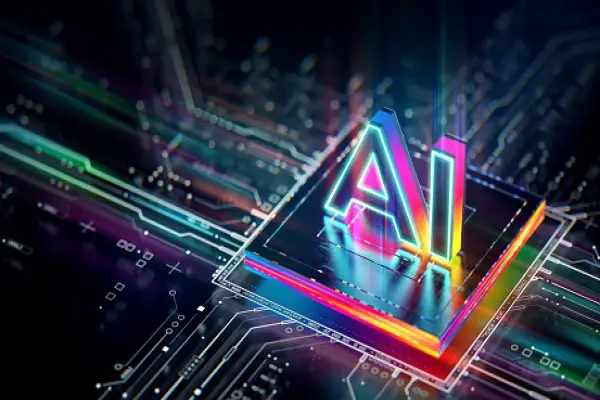ChatGPT’s much-anticipated sequel has been released, advertised as surpassing “human-level performance” in college-level tests.
GPT-4, the newest incarnation of OpenAI’s Artificial Intelligence technology, is heralded as an essential step forward for Deep Learning. It fundamentally develops into creating machines that mimic human knowledge acquisition.
The company in San Francisco announced its new action plan in a Tuesday blog post.
The company says:
“We’ve spent 6 months iteratively aligning GPT-4 using lessons from our adversarial testing program as well as ChatGPT, resulting in our best-ever results (though far from perfect) on factuality, steerability, and refusing to go outside of guardrails.”
The AI-powered chatbot, supported by Microsoft and created by OpenAI, has been revamped with a new “multimodal” model. This mode allows the chatbot to generate content from images and text prompts.
Greg Brockman, OpenAI’s President, conducted an online demonstration that displayed GPT-4 creating a real website. It was based on a user-drawn mock-up.
The performance improvement provided by OpenAI means that the AI can now score in the top 10 percent of prospective lawyers compared to previously achieving results equivalent to those in the bottom 10 percent on the bar exam.
The OpenAI team claims that their chatbot can achieve a 90% success rate in both the evidence-based reading and writing section of SATs and the verbal section of the GRE – a crucial test to gain admission into postgraduate programs. In other words, their technology outdoes mankind in these two exams.
GPT-4 has been highlighted for its ability to create more accurate and less offensive answers compared to ChatGPT, according to the company. Unlike ChatGPT, GPT-4 is significantly less prone to generating inaccurate and insulting responses.
OpenAI Spokesperson says:
“We spent six months making GPT-4 safer and more aligned. GPT-4 is 82 percent less likely to respond to requests for disallowed content and 40 percent more likely to produce factual responses,”
OpenAI highlighted that even though GPT-4 is still in its nascent stages, it is not entirely “reliable” and may generate outcomes such as “hallucinations” that are unforeseen and problematic when reasoning.
In November, OpenAI created a sensation when they introduced ChatGPT with its ability to stimulate many sectors of our world – from healthcare and education to journalism. This promo was an opportunity to contemplate where the future of these industries is heading.
Google, Microsoft, Huawei, Alibaba, and Baidu – some of the world’s most influential tech giants – are intensifying their competition as all endeavor to be pioneers in the fast-developing area of artificial intelligence (AI). Consequently, they are developing their own AI systems at a rapid pace.
The launch of OpenAI’s next-generation ChatGPT represents a significant breakthrough in developing human-like conversational AI. By leveraging powerful deep learning algorithms and massive amounts of data, OpenAI has created an AI chatbot that can engage in natural and engaging conversations with humans.
While this technology can potentially revolutionize how we interact with machines, it raises important ethical considerations. As with any new technology, companies like OpenAI must prioritize transparency, accountability, and responsible use of AI technology. By doing so, they can ensure that this technology benefits society rather than gain a competitive advantage in the market.
Source: Aljazeera



